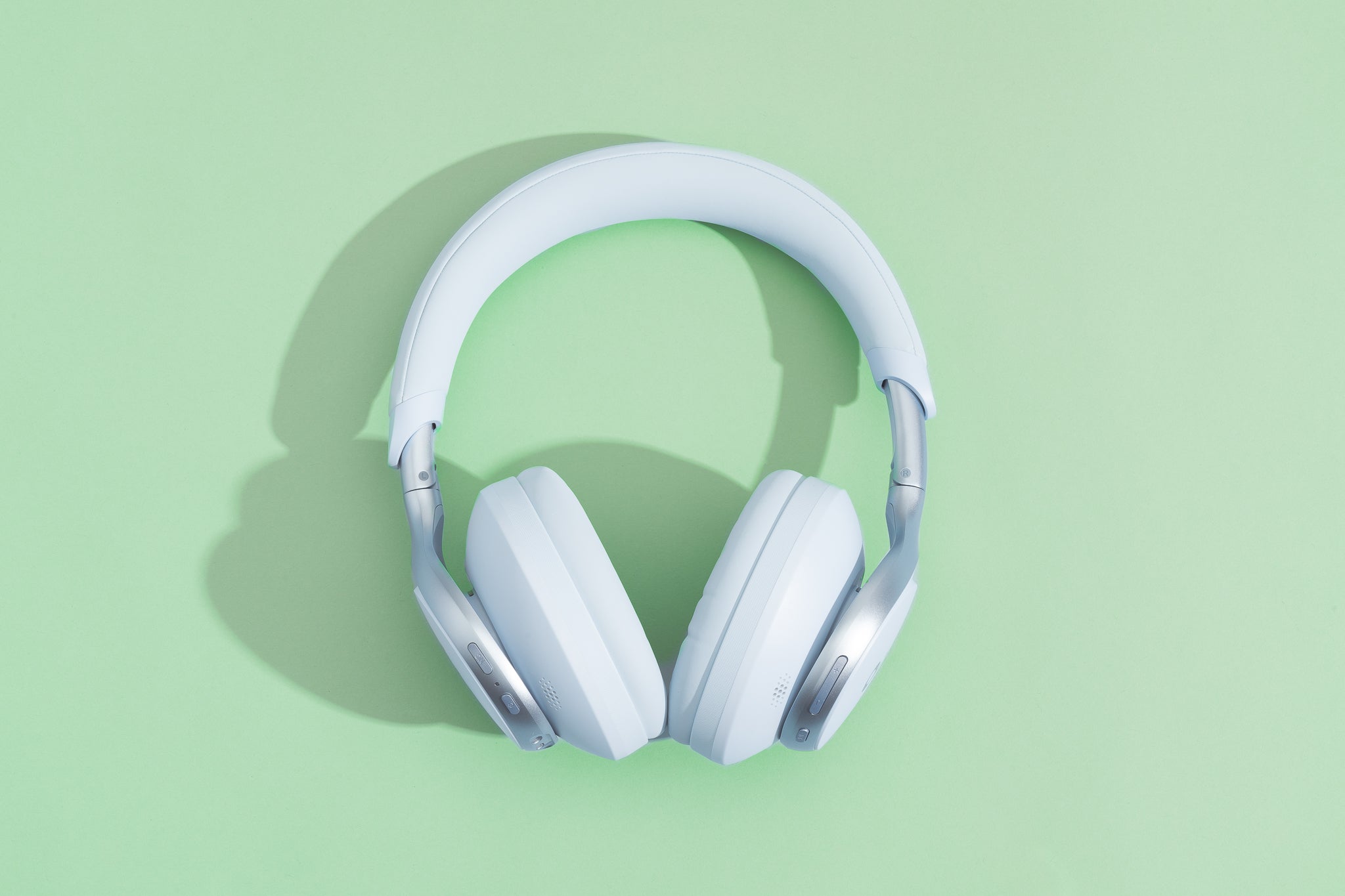
The Best Overall: Sony WH-1000XM5
When discussing wireless headphones, Sony's WH-1000XM5 model often comes up as a top contender. These headphones are renowned for their exceptional sound quality, noise-canceling capabilities, and long-lasting battery life.
Key Features
- Active Noise Cancellation (ANC): Equipped with Sony's QN1 processor and dual noise sensors, these headphones effectively block out background noise.
- Sound Quality: Delivers a neutral sound profile with deep bass, clear mids, and crisp highs. Customizable via Sony's Connect app.
- Battery Life: Up to 30 hours on a single charge, with fast charging available.
- Comfort and Design: Lightweight, sleek, and durable. Designed to lie flat for easy portability.
- Smart Features: Supports Bluetooth connectivity, pairs with two devices simultaneously, and includes Precise Voice Pickup and Speak to Chat features.
Premium Pick: Bose QuietComfort Ultra Headphones
For those willing to invest in premium technology, Bose QuietComfort Ultra Headphones offer a luxurious experience with superior sound quality and comfort.
Key Features
- Immersive Audio: Uses head-tracking sound for a more immersive listening experience.
- Sound Quality: Balanced frequency response with clear highs and deep bass.
- Comfort: Memory foam cups provide a snug, comfortable fit even during extended use.
Best Budget Option: Sennheiser HD 250BT
For budget-conscious buyers, the Sennheiser HD 250BT offers great sound quality and comfort at an affordable price.
Key Features
- Sound Quality: Balanced frequency response with clear highs and deep bass.
- Comfort: Lightweight and stylish design, comfortable for extended wear.
Best Value for Money: Sennheiser Momentum 4 Wireless
The Sennheiser Momentum 4 Wireless offers excellent value without breaking the bank.
Key Features
- Sound Quality: Balanced frequency response with clear highs and deep bass.
- Battery Life: Up to 60 hours on a single charge, perfect for long trips or extended listening sessions.
Best Feature-Rich Budget Headphone: Anker Soundcore Life Q35
For those on a tight budget, the Anker Soundcore Life Q35 is an excellent option.
Key Features
- Sound Quality: Balanced frequency response with clear highs and deep bass.
- Battery Life: Up to 45 hours on a single charge, ideal for extended listening sessions.
Best Battery Life: Marshall Major V
The Marshall Major V is known for its excellent battery life, making it an excellent choice for long listening periods.
Key Features
- Battery Life: Up to 45 hours on a single charge, one of the longest-lasting wireless headphones available.
Best Noise Cancellation: Sonos Beam
The Sonos Beam excels in noise-canceling capabilities, perfect for those needing to block out background noise.
Key Features
- Noise Cancellation: Advanced technology effectively blocks out background noise, ideal for commuters or travelers.
Choosing the Right Headphones
Selecting the right wireless headphones for your Android phone involves considering several factors:
- Sound Quality: Prioritize balanced frequency responses with clear highs and deep bass. Sony WH-1000XM5 and Bose QuietComfort Ultra Headphones excel here.
- Noise Cancellation: Look for advanced noise-canceling technology. Sony WH-1000XM5 and Sonos Beam are top choices.
- Battery Life: Opt for long battery life. Sennheiser Momentum 4 Wireless and Marshall Major V are excellent options.
- Comfort: Choose designs that mold to your head for extended wear. Bose QuietComfort Ultra Headphones and Sennheiser HD 250BT are great picks.
- Smart Features: Seek Bluetooth connectivity and the ability to pair with two devices simultaneously. Sony WH-1000XM5 and Bose QuietComfort Ultra Headphones offer these features.
By considering these factors and reading reviews from trusted sources, you can find the perfect pair of wireless headphones for your Android phone.
